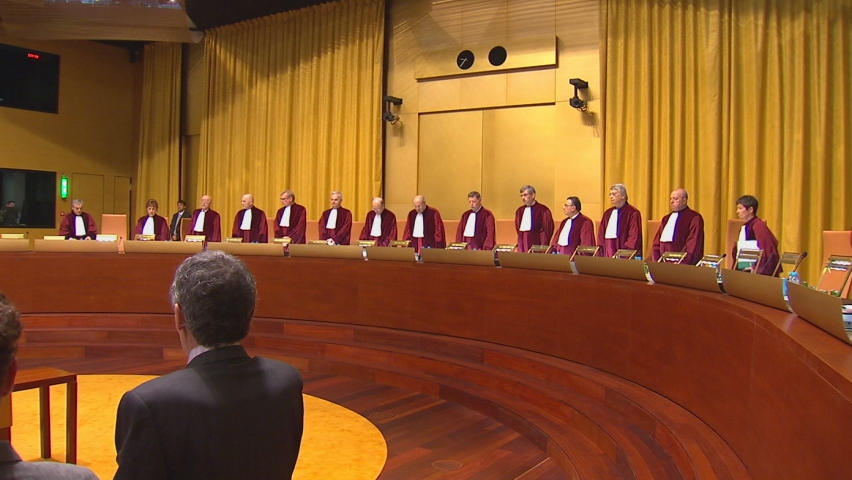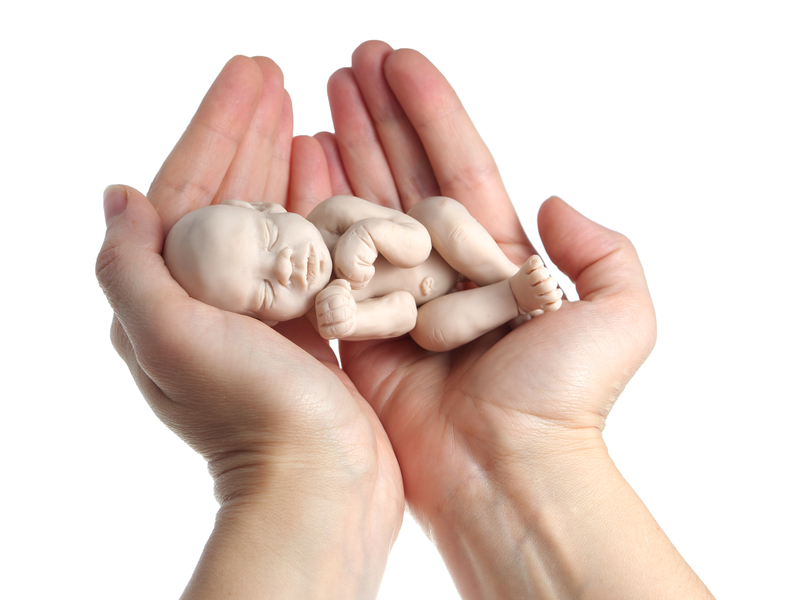The United Nations Human Rights Committee has said that Ireland
violated the human rights of a woman by not enabling her to abort her child who had been diagnosed with a life-limiting condition. The woman then had to travel to Britain for the abortion and the committee felt this amounted to cruel, inhuman or degrading treatment that the State had inflicted on her. The committee ordered the State to pay compensation to the woman and to provide psychological treatment to her. It also said Ireland needs to prevent similar situations from happening again by changing its laws on abortion. In response,
the Pro-Life Campaign lambasted the UN committee for lacking fairness and impartiality. Cora Sherlock of the Pro Life Campaign said: “The UNHRC is behaving like the international wing of the Irish abortion lobby. They have taken to attacking Ireland’s pro-life laws every few months but have never, for example, expressed a single word of concern or criticism at the barbaric abortion practices in countries like England and Canada where the ghastly and gruesome practice of denying medical attention to babies born alive after botched abortions is tolerated and routinely happens. Any committee that turns a blind eye to such horrific abuses is in no position to lecture Ireland on its laws.”
Ms Sherlock continued: “The UNHRC is effectively saying that unborn babies with a life limiting condition are worthless and undeserving of any protections in law. I sympathise greatly with the woman at the centre of today’s case and all families who receive a diagnosis that their child has a life-limiting condition. The UN however has no right in the name of human rights to make a value judgment on which lives are valuable and which ones are not. Either we protect every human life or we end up protecting none.
“We like to think of the UN as an honest defender of human rights. The UNHRC is trading on this good name to confer undeserved legitimacy on their own ideological demands. Today’s remarks from the UNHRC is not a court ruling. Ireland is perfectly entitled to determine its own laws in this area and it is outrageous for the Committee to interfere in Irish democracy by ordering us to introduce a procedure which ends human life.”









